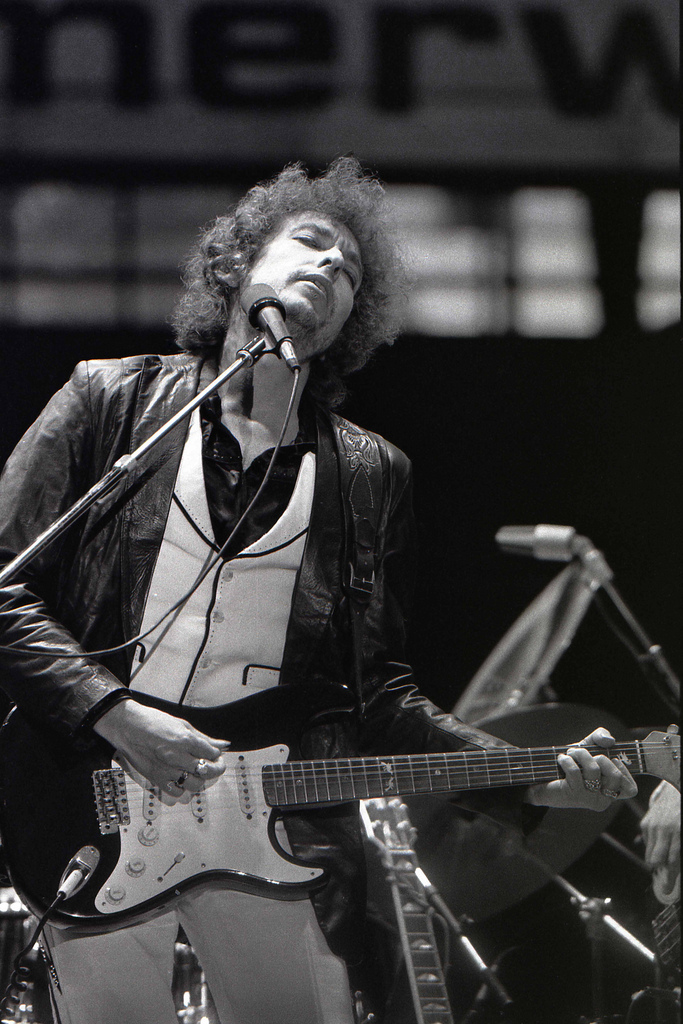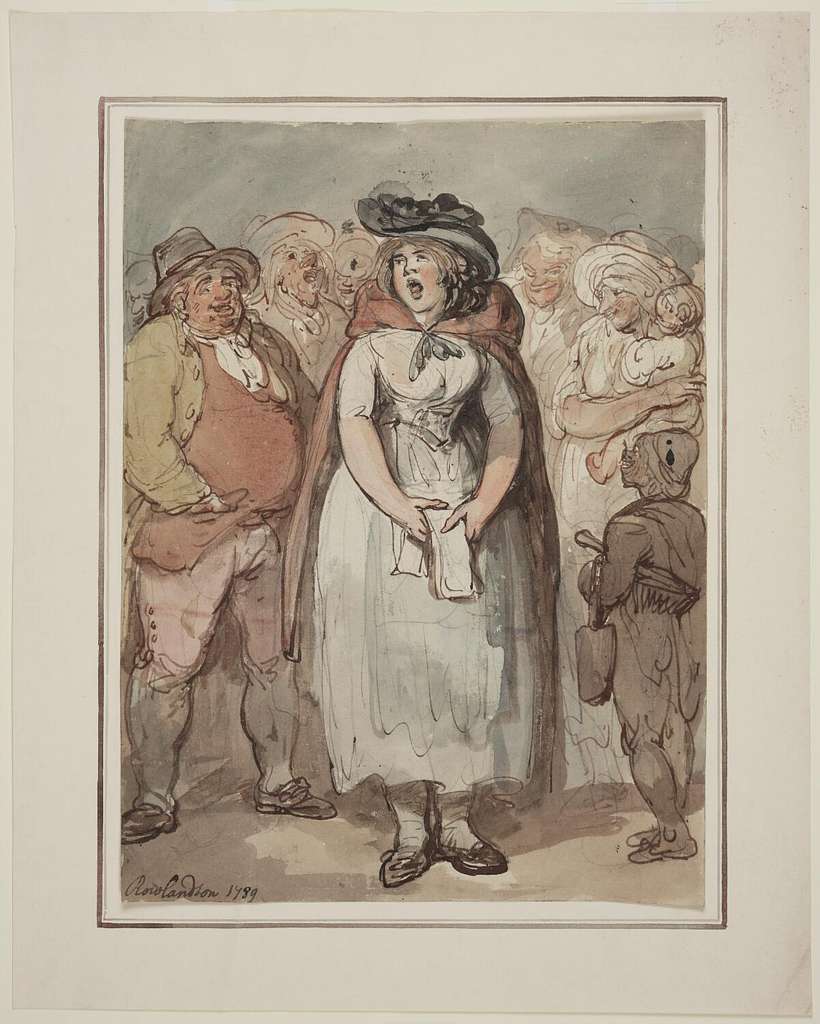NTNU - Department of Language and Literature - Song Studies Research Group
Song Studies Research Group
 Song lyrics are among the oldest and most widespread forms of literary expression, with roots stretching back to oral cultures. With the development of modern audio media, song lyrics constitute also the most widespread literary form of our time. But how do we read something that is aimed for the ear? Does the song lyric belong to musicology or to literary studies – or to both? What types and genres of song lyric have been produced and enjoyed in the past, and how do we study these today?
Song lyrics are among the oldest and most widespread forms of literary expression, with roots stretching back to oral cultures. With the development of modern audio media, song lyrics constitute also the most widespread literary form of our time. But how do we read something that is aimed for the ear? Does the song lyric belong to musicology or to literary studies – or to both? What types and genres of song lyric have been produced and enjoyed in the past, and how do we study these today?
This research group explores song, examining the phenomenon at the intersection of text and music. We are interested in what songs are and what they do, compared with page-based and unsung poetry, and we aim to develop shared methodological and theoretical perspectives for studying the poetry of song. The research group arranges monthly seminars and reading group sessions in Trondheim (at Dragvoll or Kalvskinnet), where the group’s members present their projects, and where we try collaboratively to develop productive ways of working in our scholarly encounters with song lyrics.
The group works also to develop joint projects and applications, and is a forum for both staff and students at NTNU. Do you have an MA student who wants to write about song lyrics, or are you considering developing a PhD application concerned with song lyrics? Contact one of the group's two leaders (Siv Gøril or Paul) to find out if this is a research group for you. 
A selection of research questions:
- Why and how has song received so little scholarly attention compared with page-based and unsung poetry?
- How do we define song, and how do we study song, taking into account historical and geographical particularities?
- What types and genres of song lyrics exist, and how and why have these thrived within certain periods? (Examples of genres: medieval ballads, ballads, hymns, blues, rap, tango etc.)
- How has the development of modern audio media changed our relationship with singing, and how has it affected the nature of song lyrics?
- What methodological and theoretical insights can we draw from literary studies and linguistics, and what can we draw from musicology? What does it mean to engage in close listening rather than close reading?
- How do we teach song lyrics; which genres and expressions are of particular interest to students; which theoretical and methodological texts and perspectives are suitable for teaching?
Members
-
Thomas Arli Kadim Aspirant
+47-73559332 thomas.a.kadim@ntnu.no Department of Language and Literature -
Tor Einar Bjørnhullet Bekken Associate Professor of Music
+47-73412535 +4792214390 tor.e.bekken@ntnu.no Department of Teacher Education -
Nora Berg Markussen PhD Candidate
+47-73559387 nora.b.markussen@ntnu.no Department of Teacher Education -
Even Igland Diesen Associate Professor
even.i.diesen@ntnu.no Department of Teacher Education -
Hilde Gjermundsen Associate Professor
+4792282273 hilde.gjermundsen@ntnu.no Department of Music -
Annjo Klungervik Greenall Professor
+4745484607 annjo.k.greenall@ntnu.no Department of Language and Literature -
Sunniva Skjøstad Hovde Associate Professor
+4790796486 sunniva.s.hovde@ntnu.no Department of Teacher Education -
Gerd Karin Omdal Associate Professor
+47-73596427 +4795040622 gerd.omdal@ntnu.no Department of Language and Literature -
Anne Sigrid Refsum Postdoktor anne.sigrid.refsum@uib.no
-
Michael Stephen Scham Associate Professor
+47-73412493 michael.scham@ntnu.no Department of Language and Literature
